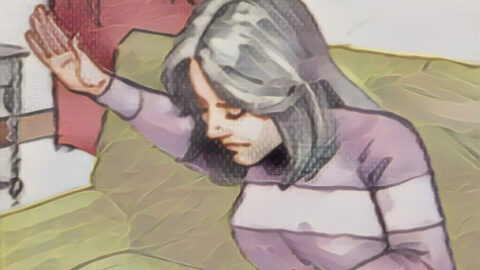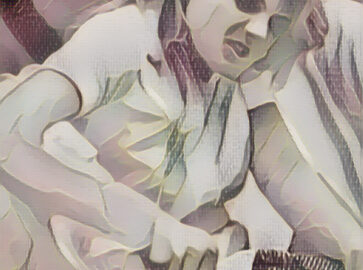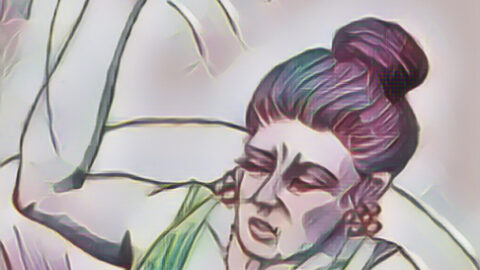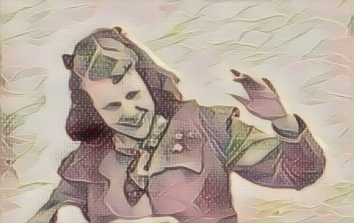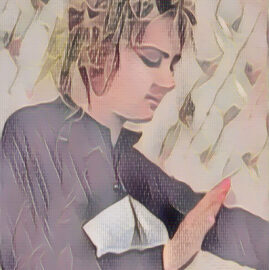I was never the star athlete in our family—my older sister was the one with the trophies and the medals, and my cousin, who spent every summer with us, was always the fastest runner at school. But on those long, golden afternoons of my childhood, the air thick with the scent of cut grass and honeysuckle, I was never without a ball in my hands. Baseball, basketball, tennis—each had its season, but it was the battered black-and-white soccer ball that became my constant companion the summer I turned eleven.
Our house sat on a quiet, tree-lined street, the kind where neighbours greeted each other by name and the sound of children’s laughter drifted through open windows. The brick walls of our home, warm from the sun, seemed indestructible to me—a perfect target for practicing the drills I’d learned at soccer camp. That morning, the world felt hushed and expectant, dew still clinging to the grass, the sky a pale, cloudless blue. My mother’s voice, gentle but firm, floated out as she stepped onto the porch in her faded housecoat to collect the newspaper. She warned me not to kick the ball against the house, her eyes flicking to the basement windows, worry creasing her brow. My sister and cousin, still cocooned in sleep, were upstairs, and she didn’t want the thud of the ball to wake them. I nodded, feigning obedience, but my heart was already racing with the thrill of rebellion.
As soon as the screen door clicked shut behind her, I was back at it, the ball thumping rhythmically against the bricks, the sound echoing in the stillness. Each kick sent a jolt of satisfaction through me, and I imagined myself in a packed stadium, the crowd roaring as I scored the winning goal. The world narrowed to the scuffed ball, the rough texture of the brick, the cool morning air on my skin. I barely heard my mother’s second warning—her voice sharper this time, slicing through my daydreams. “I’m not going to tell you again,” she said, her silhouette framed in the doorway, arms crossed, her patience thinning.
(short pause) But temptation won out. I told myself I’d stop after one last shot—a final, triumphant kick. The ball struck the wall with a satisfying smack, but this time, the sound was wrong. A split second later, glass shattered, the noise impossibly loud, shards tinkling onto the concrete below. My heart plummeted. The world seemed to freeze, the air heavy with dread. Then, the house erupted—my mother’s footsteps pounding down the hall, her voice rising in a mixture of anger and disbelief. My sister and cousin, hair tousled and eyes wide, appeared behind her, drawn by the commotion.
My mother’s face was flushed, her jaw set, disappointment and worry mingling in her eyes. She didn’t shout—her anger was quieter, more dangerous. She announced, for all the world to hear, that I was in for the spanking of my life. My sister and cousin exchanged glances—my sister’s mouth a tight line, my cousin’s eyes round with a mixture of sympathy and morbid curiosity. I felt a hot wave of humiliation wash over me, knowing they would witness what was to come.
She seized my wrist with a grip that brooked no argument, her fingers digging into my skin as she marched me inside. The house, usually filled with the comforting smells of breakfast and the low hum of the radio, felt suddenly cold and cavernous. My sister and cousin trailed behind, silent shadows. Down the basement stairs we went, the air growing cooler, the scent of damp concrete and old laundry filling my nose. The wooden chair in the center of the room looked ancient and ominous, its surface worn smooth by years of use. My mother sat, the chair creaking beneath her, and with practiced efficiency, pulled me across her lap. My stomach pressed into her knees, my toes barely brushing the floor, the rough weave of her skirt scratchy against my cheek. I could hear my own breathing, ragged and shallow, and the faint, nervous shuffling of my sister and cousin behind me.
Without a word, my mother reached for the flat-backed wooden hairbrush she kept on a shelf nearby—a relic from her own childhood, she once told me, and reserved for moments like this. The scrape of wood on wood was deafening in the silence. She raised her arm, and the first smack landed with a sharp, stinging crack. The pain bloomed instantly, hot and bright, and I bit my lip, determined not to cry out. But the blows kept coming, each one harder than the last, the sound echoing off the basement walls. By the fifth, my resolve crumbled—tears spilled down my cheeks, my legs kicked helplessly, and a sob escaped my throat. I could feel my sister’s gaze, a mixture of pity and discomfort, and my cousin’s wide-eyed shock. My cheeks burned with shame and pain, and I squeezed my eyes shut, wishing I could disappear.
When it was over, my mother’s breathing was heavy, her hand trembling slightly as she set the hairbrush aside. She inspected the broken window, her disappointment palpable, and told me in a voice thick with emotion that my allowance was gone for six months. But the punishment wasn’t finished. She pulled me up, her grip still firm, and sat me back over the chair for a final round—her way of making sure the lesson would not be forgotten.
(pause) Afterward, I stumbled upstairs, my face streaked with tears, my pride in tatters. My sister hovered in the hallway, her expression softening as she handed me a tissue, while my cousin lingered awkwardly, unsure whether to comfort me or keep her distance. The rest of the day passed in a haze—the house felt quieter, the sunlight less bright. My mother moved through the rooms with a heaviness I hadn’t noticed before, her anger spent, replaced by a weary sadness. That night, as I lay in bed, the ache in my backside a dull reminder, I listened to the distant sounds of my family—my sister’s laughter, my cousin’s soft voice, my mother’s footsteps in the kitchen. The lesson lingered, sharper than any pain: actions have consequences, and love, in our family, was sometimes measured in discipline as much as in comfort. (gap: 3s)




















































